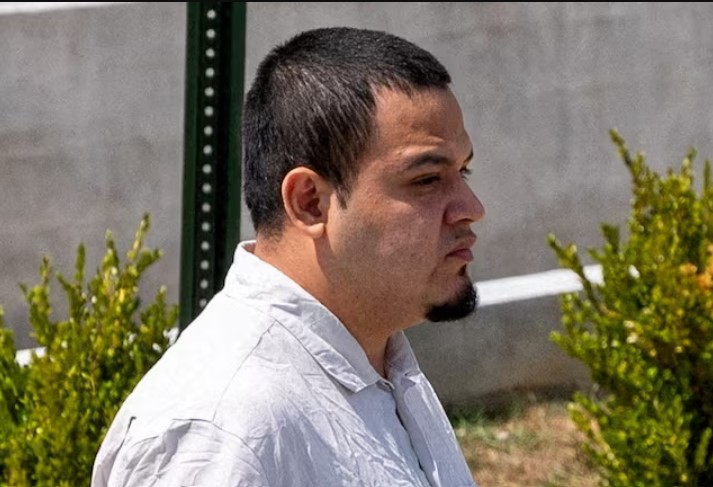Government has disputed reports that another US deportee is on his way to the kingdom, insisting that no such communication has been received from Washington.
“The Government of Eswatini has not received any communication regarding this person. Any proposal to send more deportees to Eswatini will be discussed between the governments and the United States prior to initiating processes and the country will be properly informed,” said acting Government Spokesperson Thabile Mdluli yesterday.
Her response followed a report by American multinational news outlet Fox News, which claimed under its breaking news segment that US Immigration and Customs Enforcement (ICE) had notified lawyers representing 30-year-old Salvadoran national Kilmar Ábrego García that he would be deported to Eswatini.
| Eswatini Observer WhatsApp Channel
Fox correspondent Bill Melugin revealed that Fox had obtained an email from ICE’s Office of the Principal Legal Advisor and the US Department of Homeland Security notifying Ábrego’s lawyers of the plan.
Ábrego’s case at the centre of US immigration debates
Ábrego grew up in El Salvador before fleeing to the US at 16, citing gang persecution. He later settled in Maryland, worked in construction, and started a family.

In 2019, he was arrested at a Home Depot after an informant linked him to the MS-13 gang. Though police never charged him, he was handed over to ICE. An immigration judge denied his asylum claim for being late but ruled he could not be deported to El Salvador due to credible risks of gang violence.
Despite this, the Trump administration mistakenly deported him to El Salvador in 2019, where Ábrego claims he was tortured in prison. The US Supreme Court later ordered his return, acknowledging government error.
In June, he was brought back to the US but now faces new criminal charges over alleged migrant trafficking linked to a 2022 incident in Tennessee. He has pleaded not guilty.
Fox News reported that Ábrego’s legal team argued he fears persecution in at least 22 countries, including Uganda, where the Trump administration had earlier tried to deport him. ICE, however, dismissed those fears.
If deported to Eswatini, Ábrego would become the sixth deportee received by the kingdom.
Eswatini’s deportee controversy
In July, Eswatini received five deportees from Cuba, Yemen, Jamaica, Vietnam, and Laos. They had been convicted in US courts of murder, rape, and aggravated assault. Their arrival sparked public outrage, political uproar, and parliamentary debate.
Prime Minister Russell Dlamini later clarified that any future transfers would require a new US request to be assessed carefully.
“The US would have to make a new request that would then be assessed based on the country’s capacity. But for now, we just have the five,” he said.
The premier stressed that Eswatini had received no financial benefit, with all costs covered by the US, and that the men posed no immediate threat as they were kept in high-risk prison units.
Despite this, the decision was challenged in the High Court by the Eswatini Litigation Centre (ELC), supported by human rights groups. The case will be heard on September 25.
The ELC argues that government acted unconstitutionally by entering a “secretive” arrangement with Washington without parliamentary oversight or transparency.
Wider African context
Eswatini is not alone in Washington’s revived third-country deportation programme.
-
South Sudan: Received eight deportees in July, sparking criticism from civil society groups about stability and security risks.
-
Rwanda: Publicly agreed to accept up to 250 deportees, but local groups raised concerns about cultural ties and integration.
Both countries, like Eswatini, faced public backlash over transparency, sovereignty, and safety concerns.
Eswatini Observer Press Reader | View Here








